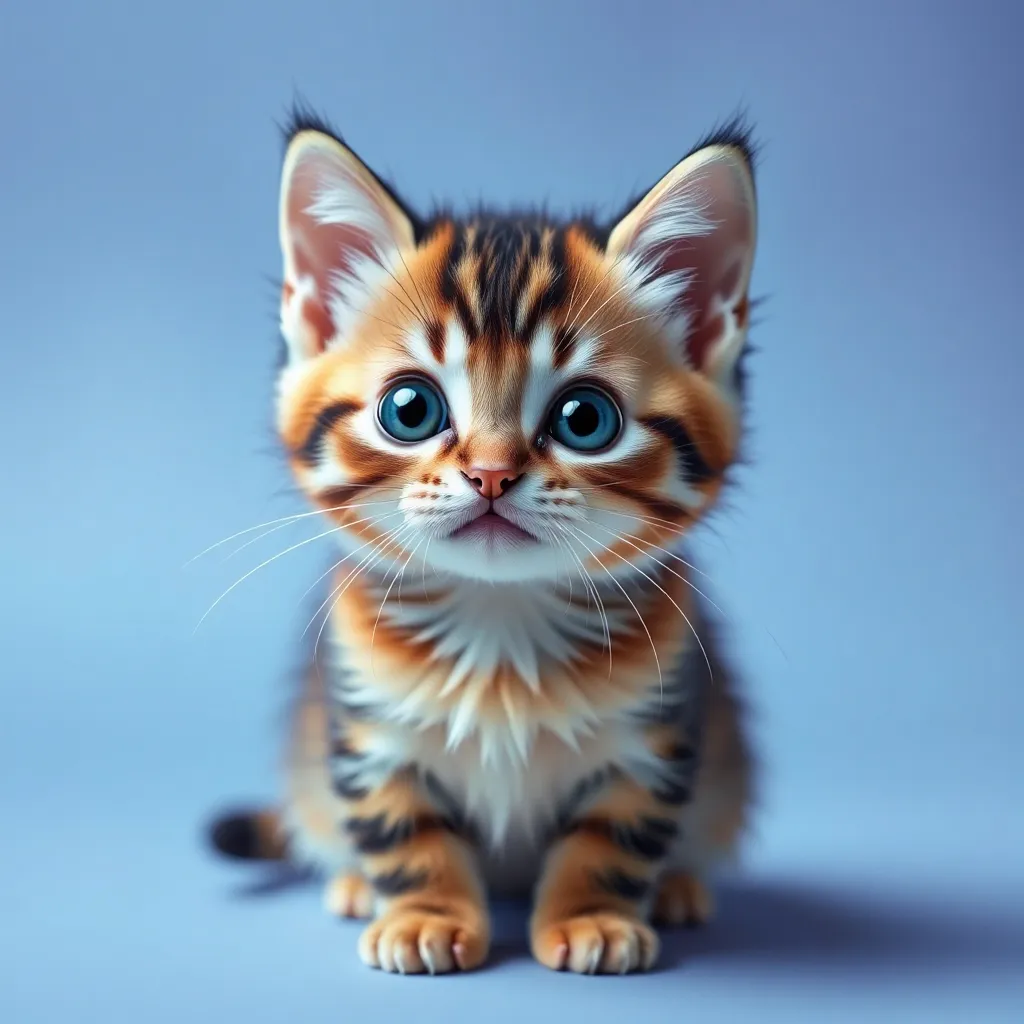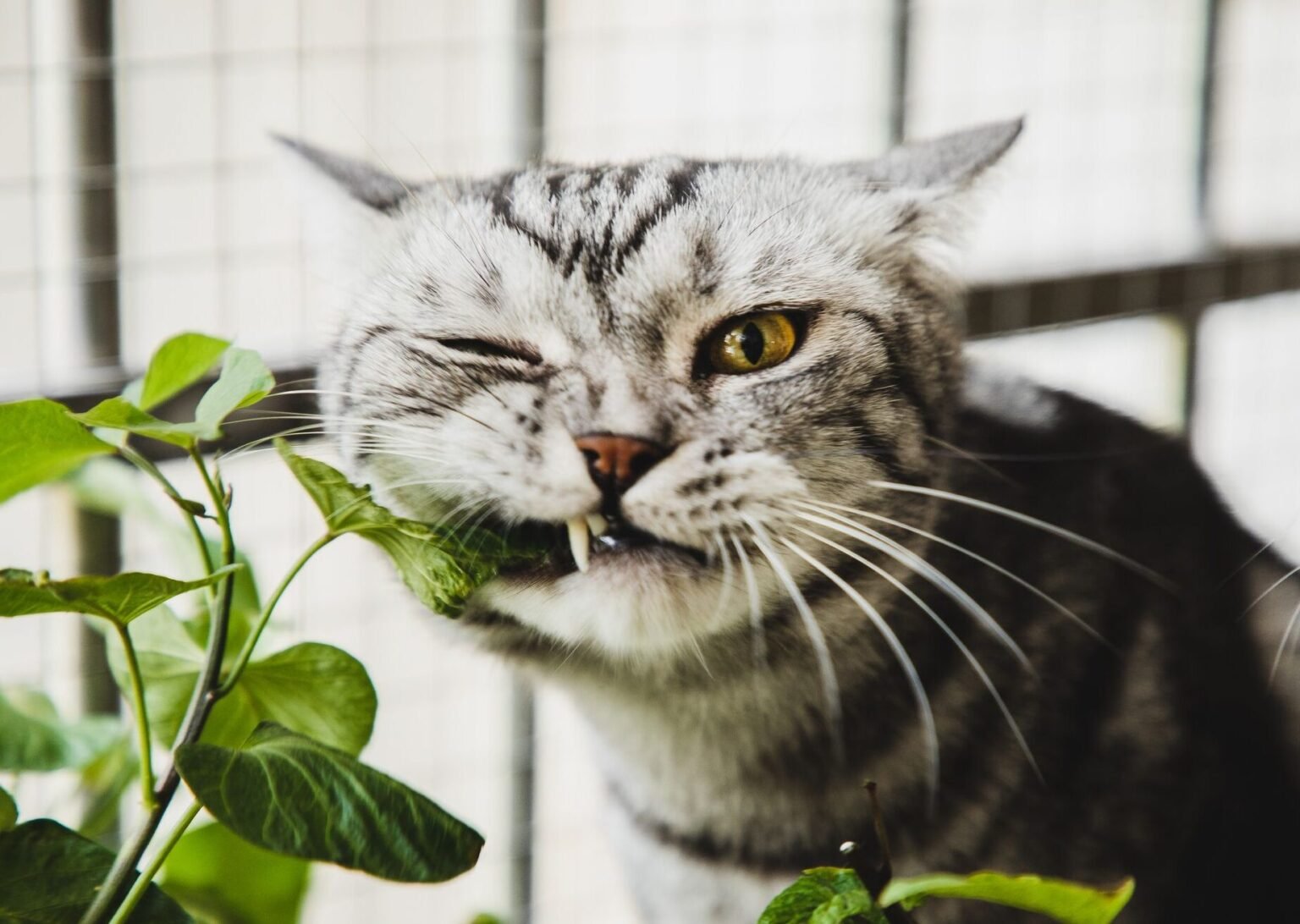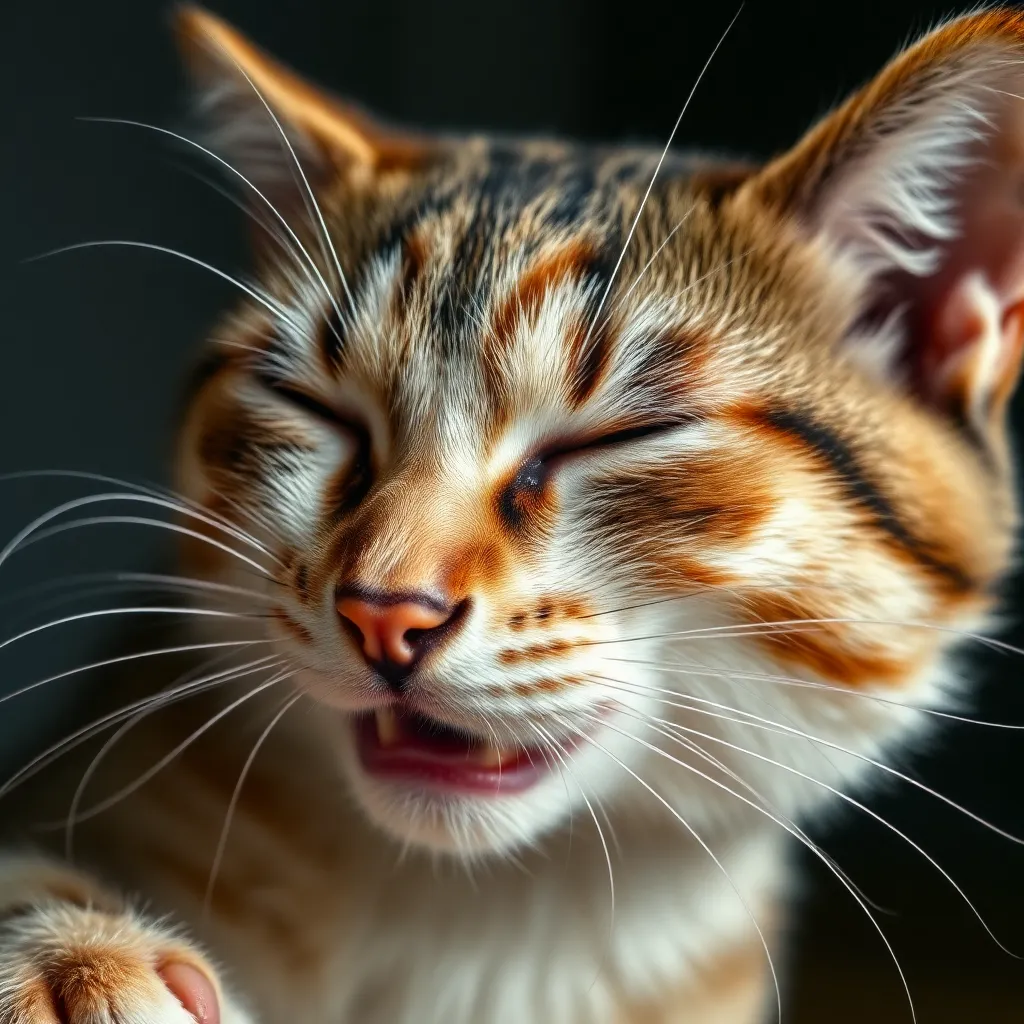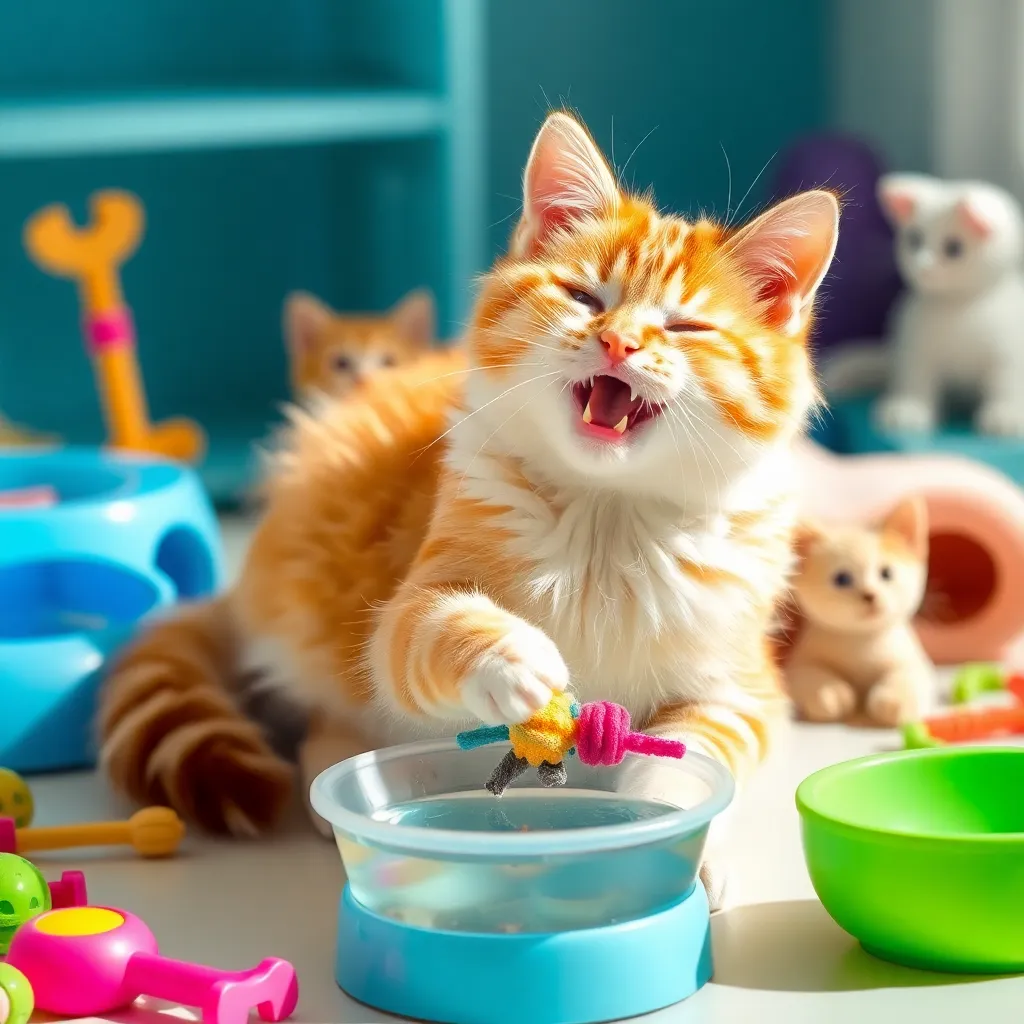Munchkin cats, with their endearingly short legs, have captured the hearts of cat lovers worldwide. This unique breed, characterized by its naturally occurring genetic mutation affecting bone growth, offers a charming blend of playful energy and affectionate companionship. But owning a Munchkin cat comes with responsibilities. Understanding their unique needs and potential health concerns is crucial for ensuring a happy and healthy life for your furry friend. This comprehensive guide will delve into everything you need to know about these captivating felines.
The story of the Munchkin cat begins in the 1940s, when reports surfaced of naturally occurring short-legged cats. However, it wasn’t until the 1980s that a Louisiana woman, Sandra Hochenedel, began a formal breeding program, focusing on maintaining the breed’s unique short legs while ensuring overall health and temperament. The breed’s distinctive appearance is due to a naturally occurring mutation in the gene responsible for bone growth. This mutation affects the length of the long bones in the legs, resulting in the characteristic short stature. It’s important to note that this mutation is separate from dwarfism and doesn’t negatively affect the cat’s overall health, provided responsible breeding practices are followed.
The Origins of the Munchkin Cat
Appearance and Personality
Munchkin cats come in a variety of coat colors and patterns, mirroring the diversity seen in other cat breeds. Their short legs are the most striking feature, but their bodies are proportionally normal, giving them a unique, low-slung appearance. Despite their short legs, they are remarkably agile and playful, often exhibiting a surprising ability to jump and climb. Their personalities are generally described as affectionate, friendly, and intelligent. They are known for their adaptability and thrive in both active and relaxed household environments. Many owners describe them as having a dog-like devotion and loyalty, often following their owners around the house.
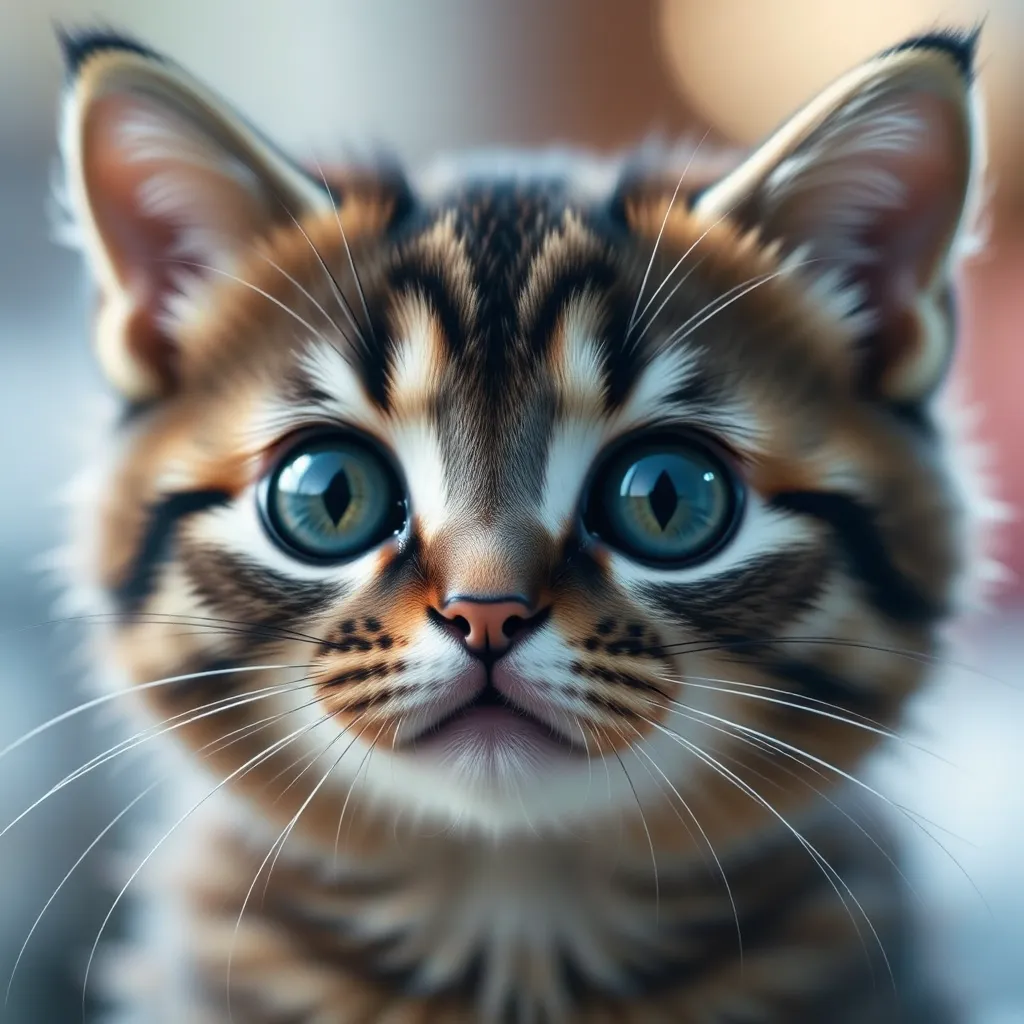
Health Considerations
While generally healthy, Munchkin cats are prone to certain health issues, primarily related to their short legs. Lordosis, a curvature of the spine, and other skeletal problems can occur. Responsible breeders carefully screen their cats for these conditions, minimizing the risk for future generations. Regular veterinary checkups are essential to monitor their health and address any potential problems early on. Obesity can also be a concern, so maintaining a healthy weight through proper nutrition and exercise is crucial. Like all cats, Munchkin cats need regular vaccinations and parasite prevention.
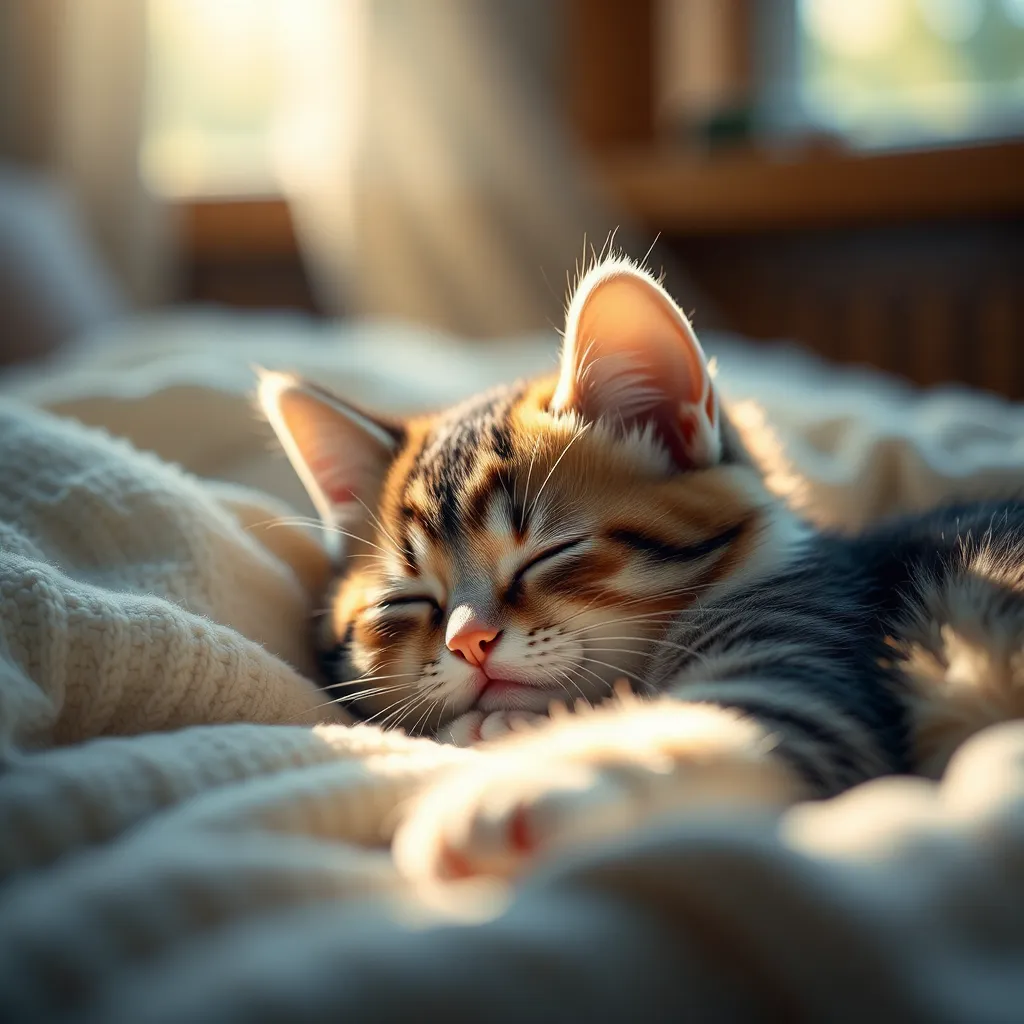
Caring for Your Munchkin Cat
Caring for a Munchkin cat is similar to caring for any other cat breed. They require a balanced diet, fresh water, a clean litter box, and regular grooming. Due to their short legs, you might need to adjust your furniture and other household items to make it easier for them to navigate. For example, providing ramps or steps for accessing higher surfaces can be beneficial. Interactive play is essential to keep them mentally and physically stimulated. Choose toys that are appropriate for their size and abilities.
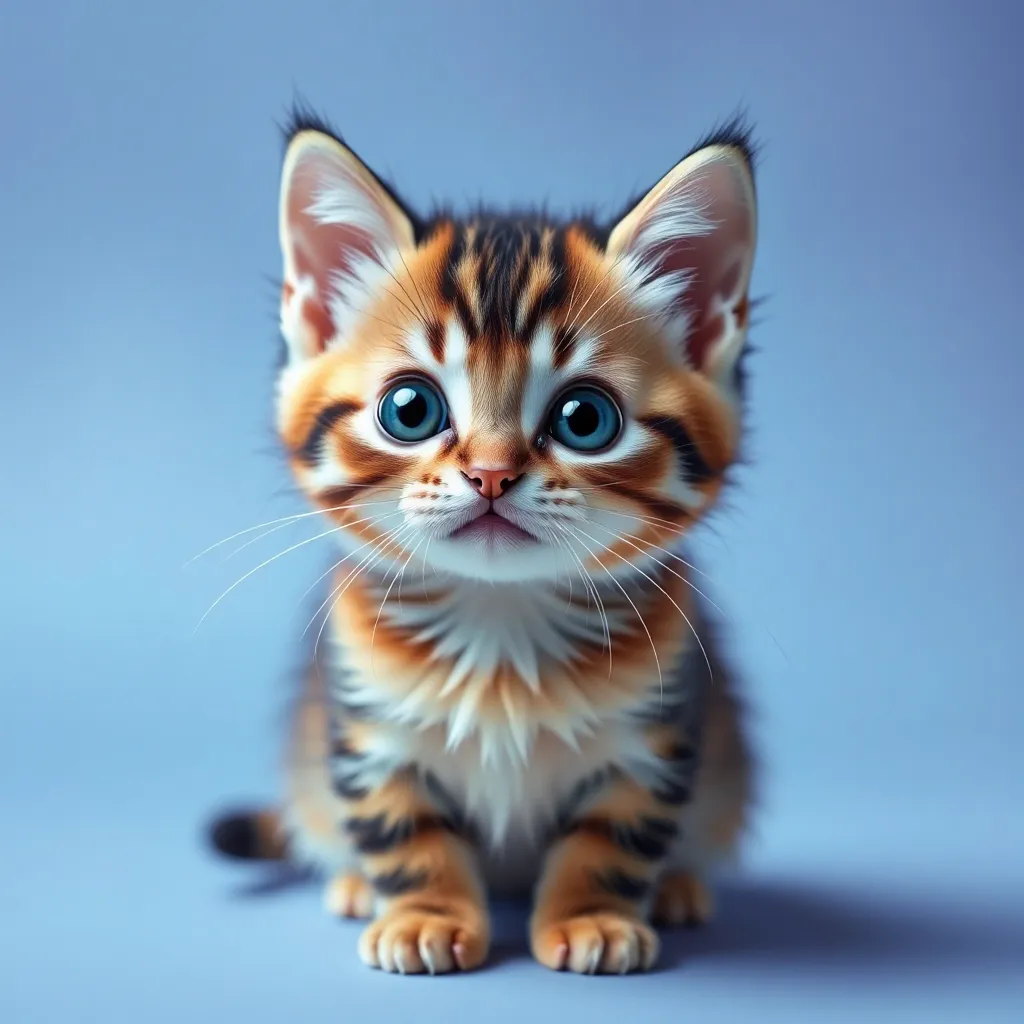
Munchkin Cats as Companions
Munchkin cats make wonderful companions for individuals and families alike. Their playful nature, affectionate personalities, and unique appearance make them truly captivating pets. Their adaptability means they can thrive in a variety of living situations, from apartments to larger homes. However, remember that responsible ownership requires commitment to their health and well-being.
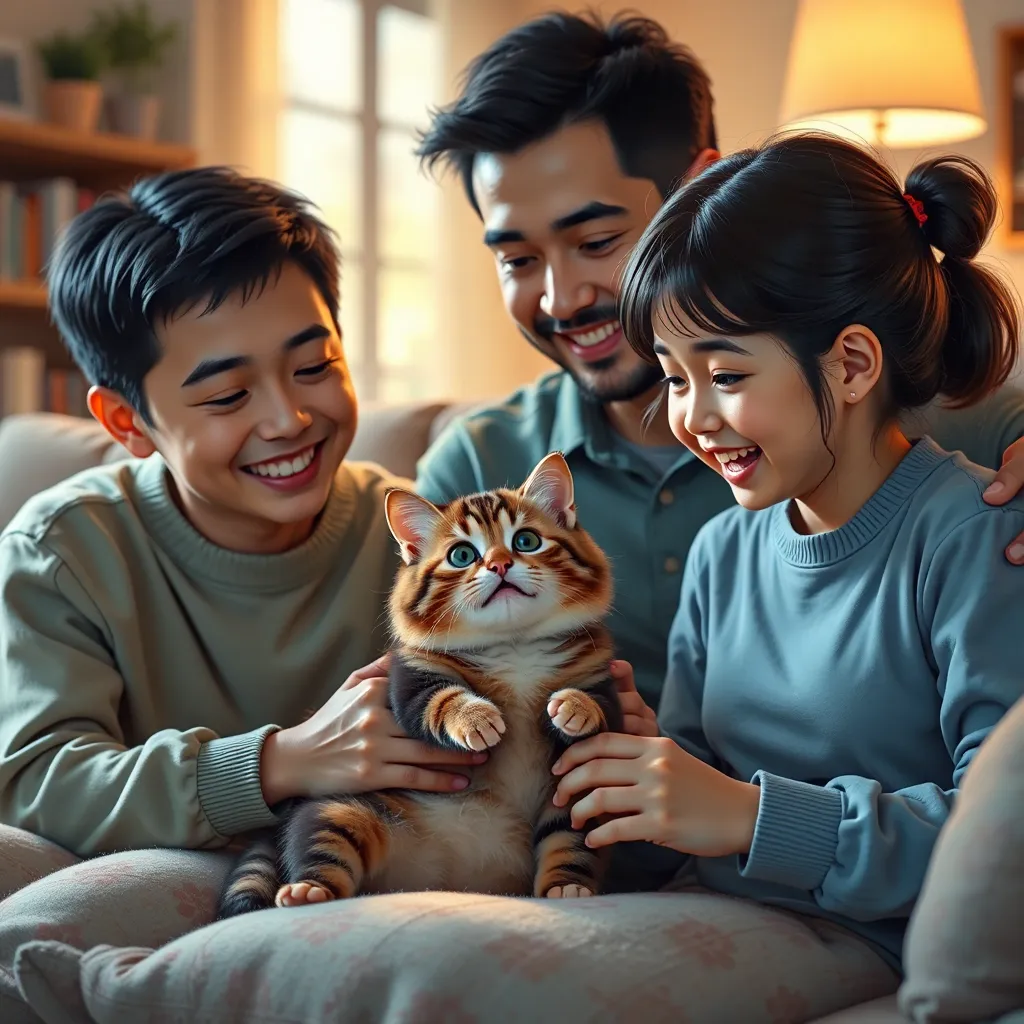
Frequently Asked Questions (FAQs)
- Are Munchkin cats healthy? While generally healthy, they are prone to certain skeletal issues. Responsible breeding and regular vet checkups are crucial.
- How much exercise do Munchkin cats need? They need regular playtime and interaction to stay healthy and happy.
- Are Munchkin cats good for families with children? Yes, they are generally good with children, but supervision is always recommended.
- How long do Munchkin cats live? Their lifespan is similar to other cat breeds, typically 12-15 years.
- Where can I find a Munchkin cat? Contact reputable breeders who prioritize the health and well-being of their cats. Avoid backyard breeders.
Buy the products shown in this post by visiting this link: https://amzn.to/3ZlyPU9
This article provides information of a general nature and does not constitute veterinary advice. Always consult with a veterinarian for any health concerns regarding your pet.
Share this content:

